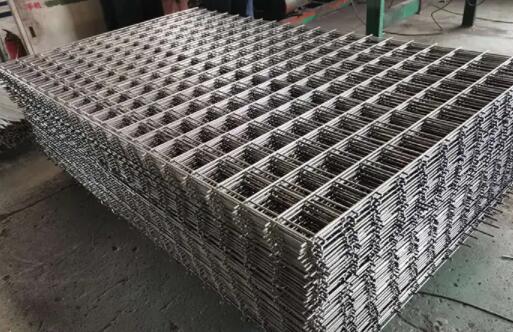The Importance of Coil Nails in Roofing Applications
Roofing is a critical component of any building, providing essential protection against the elements and contributing to the overall structural integrity. One of the often-overlooked aspects of roofing is the type of fasteners used to secure roofing materials. Among the various options available, coil nails have emerged as a popular choice for their efficiency, versatility, and ease of use. This article explores the characteristics, benefits, and applications of coil nails specifically in roofing projects.
What Are Coil Nails?
Coil nails are a form of fastener that are typically used in pneumatic nail guns for rapid and efficient attachment of materials. As the name implies, these nails are arranged in a coil, allowing for quick loading and reduced downtime during roofing tasks. Manufactured in various materials and sizes, coil nails can be tailored to meet the specific needs of different roofing jobs, whether for shingle roofing, metal sheeting, or other materials.
Advantages of Using Coil Nails in Roofing
1. Speed and Efficiency One of the primary advantages of coil nails is the speed at which they can be applied. The coiled design allows users to load hundreds of nails into a nail gun at once, enabling quick use on large areas of roofing. This efficiency minimizes labor time and enhances productivity, crucial in both residential and commercial roofing projects.
2. Strong Holding Power Coil nails are known for their robust holding capacity. With various head styles and shaft types available, they are designed to securely fasten roofing materials, providing long-lasting stability. This is particularly vital in areas prone to severe weather, where a reliable roofing system is essential for safety.
3. Versatility Different types of coil nails cater to an array of roofing materials. Stainless steel coil nails are ideal for coastal areas due to their corrosion resistance, while galvanized options can provide durability in less extreme conditions. Furthermore, the availability of different lengths and diameters ensures that contractors can find the right fit for their specific application.
coil nails for roofing

4. Reduced Waste The use of coil nails helps in minimizing waste compared to traditional nail options. The continuous coil means fewer interruptions for reloads, leading to reduced scrap and increased efficiency onsite. Moreover, with proper selection, the right nail can minimize the risk of damage to roofing materials, further reducing waste.
5. Cost-Effectiveness While selecting fasteners, cost is always a consideration. Coil nails are generally cost-effective, especially when factoring in the speed of installation and the reduced number of replacements needed due to their strong holding power. For contractors, this translates into better pricing for clients and healthier profit margins.
Applications of Coil Nails in Roofing
Coil nails are primarily used for fastening roofing shingles, metal roofing, underlayment materials, and other roofing components. In residential applications, they are particularly effective for asphalt shingle roofs, where speed and reliability are paramount. In commercial roofing projects, coil nails can be employed to install both single-ply membranes and metal panels, further demonstrating their versatility.
Additionally, the use of coil nails in conjunction with pneumatic tools increases the precision of placement, ensuring that each nail is driven correctly for optimal performance. This level of control is critical in achieving long-lasting roofs that can withstand varying weather conditions.
Conclusion
In summary, coil nails are an essential element in the roofing industry, offering unparalleled benefits in terms of efficiency, holding power, and versatility. Whether you are a professional contractor or a DIY enthusiast, understanding the advantages of coil nails can lead to better roofing outcomes. By selecting the right coil nails for your roofing project, you can ensure a durable and reliable roofing system that meets the demands of any environment, ultimately protecting your investment for years to come.

















